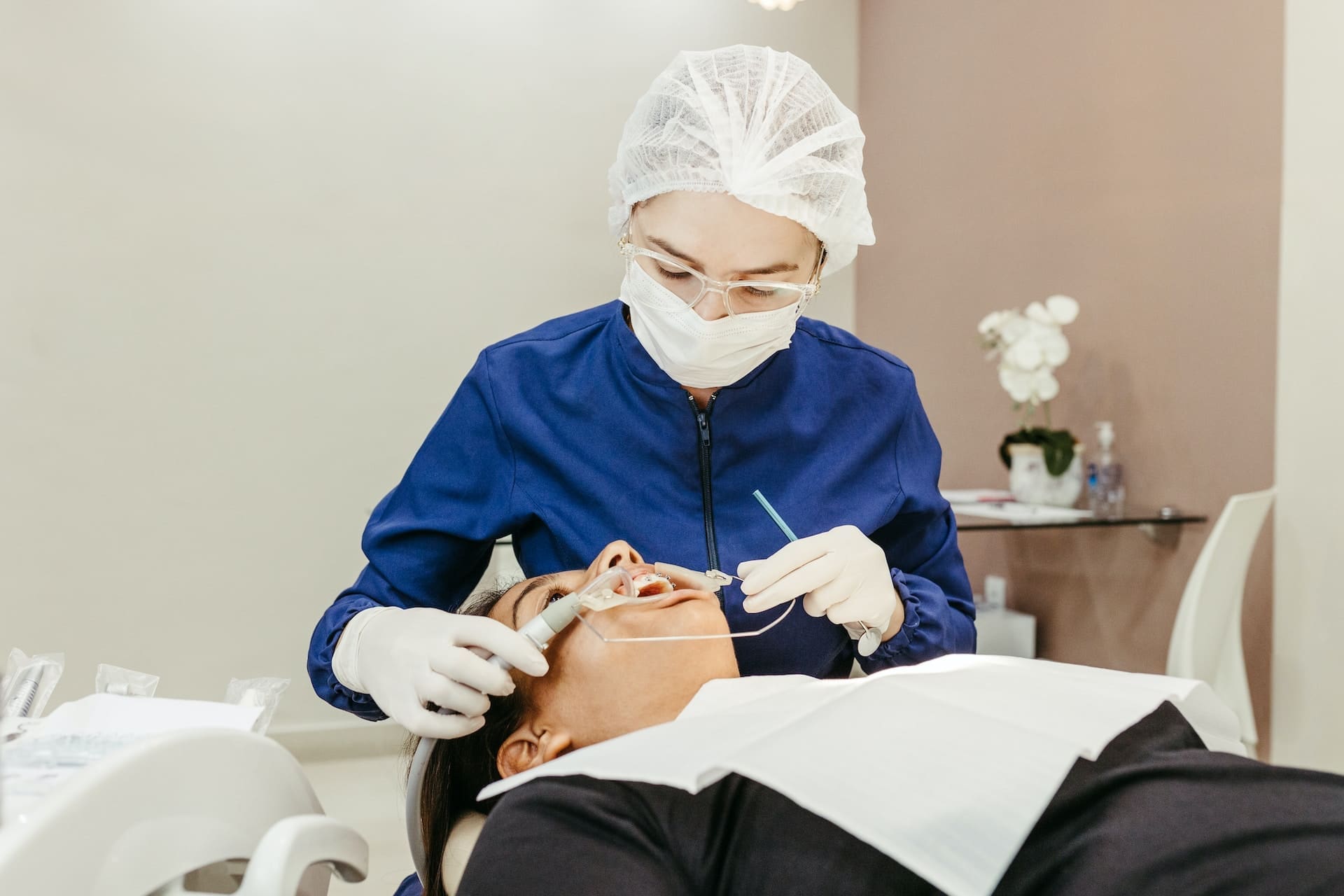When to Consider Porcelain Dental Crowns
There are several situations where porcelain dental crowns can be the ideal restorative solution, including:- Decayed or Damaged Teeth: Porcelain crowns can effectively repair teeth with extensive decay, large fillings, or fractures, restoring their strength and structural integrity.
- Root Canal Therapy: A tooth often requires additional support to prevent breakage or future damage after undergoing root canal treatment. A porcelain crown can provide this protection while simultaneously restoring the tooth’s appearance.
- Cosmetic Enhancement: For teeth with severe discoloration or malformation that cannot be corrected with other cosmetic treatments, porcelain crowns offer an aesthetically pleasing alternative to restore the tooth’s appearance and blend seamlessly with your natural teeth.
- Replacement of Old Crowns: Porcelain crowns can be an upgrade from old dental crowns made from less aesthetically pleasing materials like metal or porcelain-fused-to-metal (PFM).
The Process of Receiving a Porcelain Dental Crown
Receiving a porcelain dental crown typically involves a multi-step process, ensuring precision and a comfortable fit:- Tooth Preparation: During your initial appointment, your dentist will reshape the damaged tooth, ensuring the new crown fits precisely and securely. Depending on the extent of tooth decay or damage, your dentist may first perform additional treatments, such as a root canal, to prepare the tooth for the crown.
- Impressions and Temporary Crown: After tooth preparation, your dentist will take impressions of the prepped tooth and the surrounding teeth. This information will be sent to a dental laboratory, where your custom porcelain crown will be crafted. A temporary crown will be placed to protect your tooth until your permanent crown is ready.
- Crown Placement: Once your porcelain crown is ready, your dentist will remove the temporary crown and make any necessary adjustments to the new crown for a proper fit. The porcelain crown will then be cemented, providing a strong, natural-looking restoration.
- Follow-up Care: Your dentist may schedule follow-up appointments to monitor the health and integrity of your new porcelain crown, ensuring its durability and lasting success.
Caring for Your Porcelain Dental Crowns
To prolong the lifespan of your porcelain dental crowns and maintain your overall oral health, it’s essential to practice good dental hygiene and follow your dentist’s recommendations:- Brush and Floss Regularly: Be sure to brush your teeth at least twice daily using fluoride toothpaste. Floss daily to remove plaque and debris from between your teeth and crowns.
- Regular Dental Checkups: Visit your dentist for routine and professional cleanings, allowing them to inspect and maintain your porcelain crowns while monitoring your oral health.
- Avoid Hard or Sticky Foods: While porcelain crowns are resilient, they can still be damaged by hard or sticky foods. Exercise caution when eating to minimize the risk of damaging your crowns.
- Consider a Nightguard: If you grind or clench your teeth at night, it’s crucial to wear a properly fitted nightguard to protect your porcelain crowns and your natural teeth from damage.
The Benefits of Porcelain Dental Crowns
Porcelain dental crowns offer an array of advantages, making them a popular choice for patients seeking long-lasting and aesthetically pleasing restorations:- Natural Appearance: One of the main benefits of porcelain dental crowns is their natural-looking appearance. Since porcelain mimics the light-reflecting properties of natural tooth enamel, your crown will blend seamlessly with your surrounding teeth.
- Biocompatibility: Porcelain crowns are biocompatible and less likely to cause irritation or an allergic reaction, providing patients with a safe and comfortable dental restoration.
- Durability: Porcelain dental crowns are designed to withstand everyday wear and tear, providing a long-lasting solution for damaged teeth. Your porcelain crown can last for many years with proper care and maintenance.
- Stain Resistance: Unlike other dental restoration materials, porcelain is resistant to staining, ensuring that your new crown maintains its dazzling appearance.


